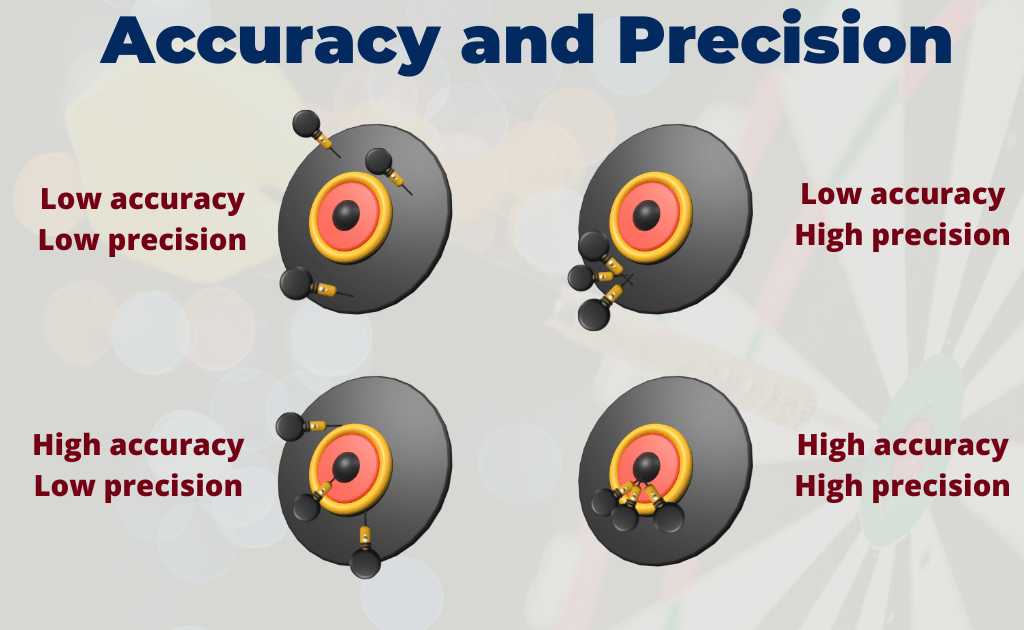is gold best conductor of electricity?
No Gold is not a best conductor of electricity. Gold has a lower conductivity than silver, with a value of 44 x 106 S/m, but it is still a very good conductor. However, gold is often used in electrical applications for its other properties, such as its resistance to corrosion and its malleability, which make … Read more
